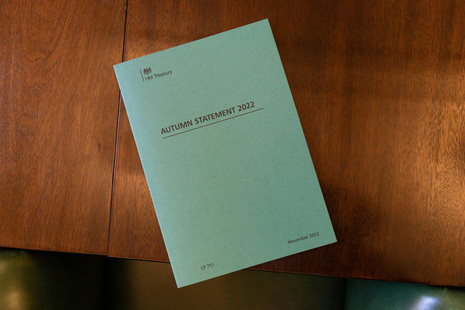For the apple varieties, see Reinette. Chymosin, its key component, is a protease enzyme that curdles the casein freezing rice milk.
Rennet has traditionally been used to separate milk into solid curds and liquid whey, used in the production of cheeses. United States is made using animal rennet today. One of the main actions of rennet is its protease chymosin cleaving the kappa casein chain. Casein is the main protein of milk. These stomachs are a byproduct of veal production. Dried and cleaned stomachs of young calves are sliced into small pieces and then put into salt water or whey, together with some vinegar or wine to lower the pH of the solution. Deep-frozen stomachs are milled and put into an enzyme-extracting solution.

One kg of rennet extract has about 0. Typically, 1 kg of cheese contains about 0. Because of the limited availability of mammalian stomachs for rennet production, cheese makers have sought other ways to coagulate milk since at least Roman times. The many sources of enzymes that can be a substitute for animal rennet range from plants and fungi to microbial sources.

Homer suggests in the Iliad that the Greeks used an extract of fig juice to coagulate milk. Vegetable rennet might be used in the production of kosher and halal cheeses, but nearly all kosher cheeses are produced with either microbial rennet or FPC. Some molds such as Rhizomucor miehei are able to produce proteolytic enzymes. These molds are produced in a fermenter and then specially concentrated and purified to avoid contamination with unpleasant byproducts of the mold growth. The traditional view is that these coagulants result in bitterness and low yield in cheese, especially when aged for a long time. It is also suitable for the elaboration of vegan cheese, provided no animal-based ingredients are used in its production. Because of the above imperfections of microbial and animal rennets, many producers sought other replacements of rennet.
Originally created by biotechnology company Pfizer, FPC was the first artificially-produced enzyme to be registered and allowed by the US Food and Drug Administration. The most widely used FPC is produced either by the fungus Aspergillus niger and commercialized under the trademark CHY-MAX by the Danish company Chr. FPC is chymosin B, so it is purer than animal rennet, which contains a multitude of proteins. FPC provides several benefits to the cheese producer compared with animal or microbial rennet: higher production yield, better curd texture, and reduced bitterness.